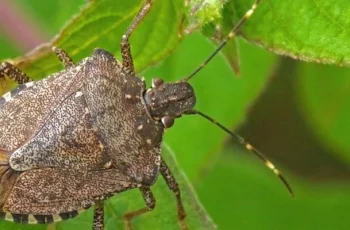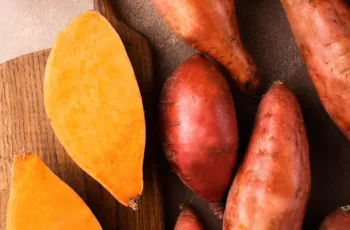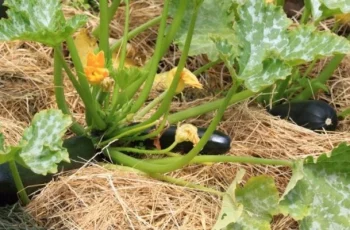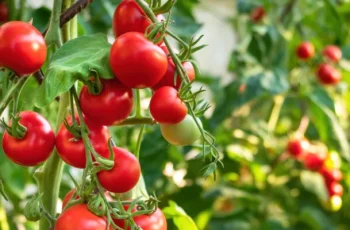Making High-Quality Compost for Vegetable Gardens
High-quality compost is vital for a productive vegetable garden, turning organic waste into nutrient-rich soil that boosts plant health, yield, and sustainability while reducing synthetic fertilizer use. Compost enhances soil structure, retains moisture, and supports beneficial microbes.

Why Compost Matters
Compost enriches soil with organic matter, improving aeration, moisture retention, and nutrient availability (nitrogen, phosphorus, potassium). It also cuts food waste, making it eco-friendly.
The Science of Composting
Microorganisms like bacteria, fungi, and worms break down organic materials into humus. A balanced carbon-to-nitrogen ratio fuels this process, while heat kills pathogens.
Best Compost Ingredients
- Green (Nitrogen): Fruit/veggie scraps, grass clippings, coffee grounds, eggshells, manure.
- Brown (Carbon): Dry leaves, shredded paper, sawdust, straw.
Avoid meat, dairy, oily foods, weeds with seeds, or diseased plants to prevent odors and pests.
Building the Pile
- Location: Choose a well-drained, partly shaded spot with good access. Use bins, tumblers, or open piles.
- Layering: Start with coarse browns (twigs/straw) for airflow, then alternate browns and greens (3:1 ratio).
- Moisture: Keep damp like a wrung-out sponge—add water or dry materials as needed.
Speeding It Up
- Turning: Mix every 1-2 weeks for oxygen.
- Shredding: Chop materials to hasten breakdown.
- Starters: Add manure or activators to boost microbes.
Troubleshooting
- Odors: Add browns and turn to fix excess moisture/nitrogen.
- Pests: Avoid meat/dairy; cover the pile.
- Slow Process: Boost nitrogen, moisture, or aeration.
Using Compost
Finished compost is dark, crumbly, and earthy. Apply it as:
- Soil Amendment: Mix into beds.
- Mulch: Top-dress to retain moisture.
- Compost Tea: Liquid fertilizer from steeped compost.

Continuous Composting
- Batch: Separate piles for full decomposition.
- Continuous: Add to one pile, sift as needed.
- Vermicomposting: Use worms (e.g., red wigglers) for small spaces, yielding rich castings.Conclusion
- Mastering compost creation with balanced materials, moisture, and aeration ensures a steady supply of organic soil enhancer. It’s a sustainable way to nourish vegetable gardens and reduce waste for thriving harvests.



